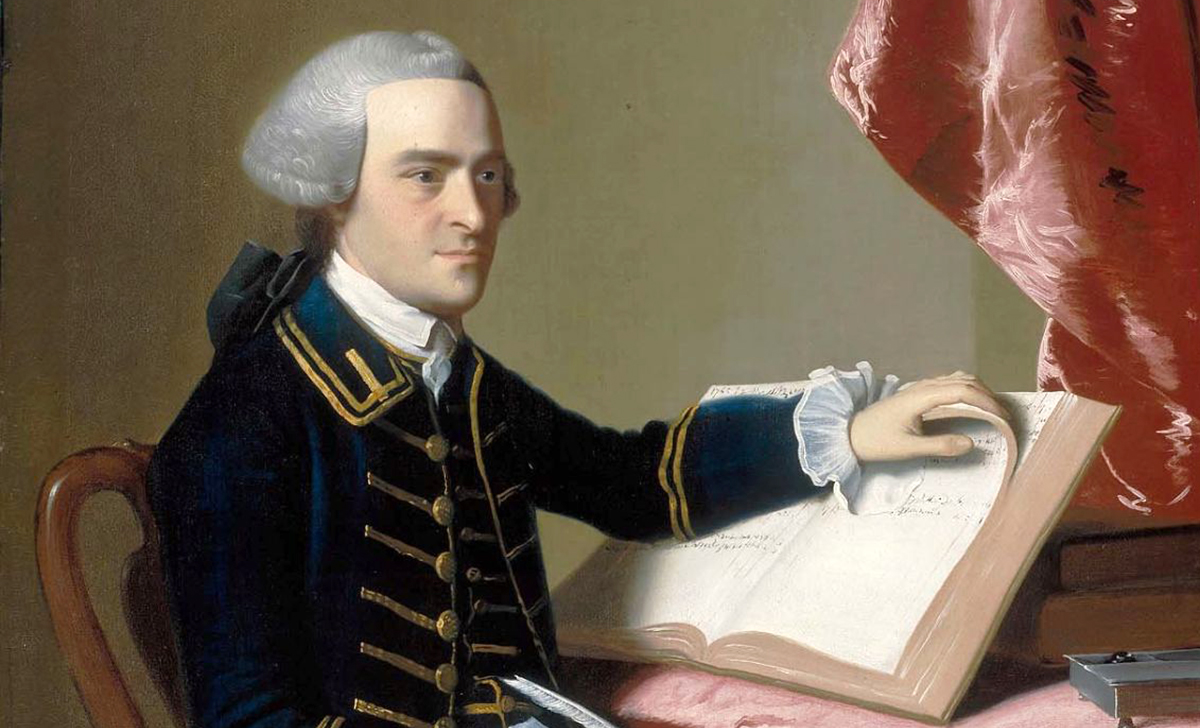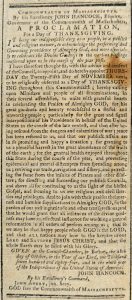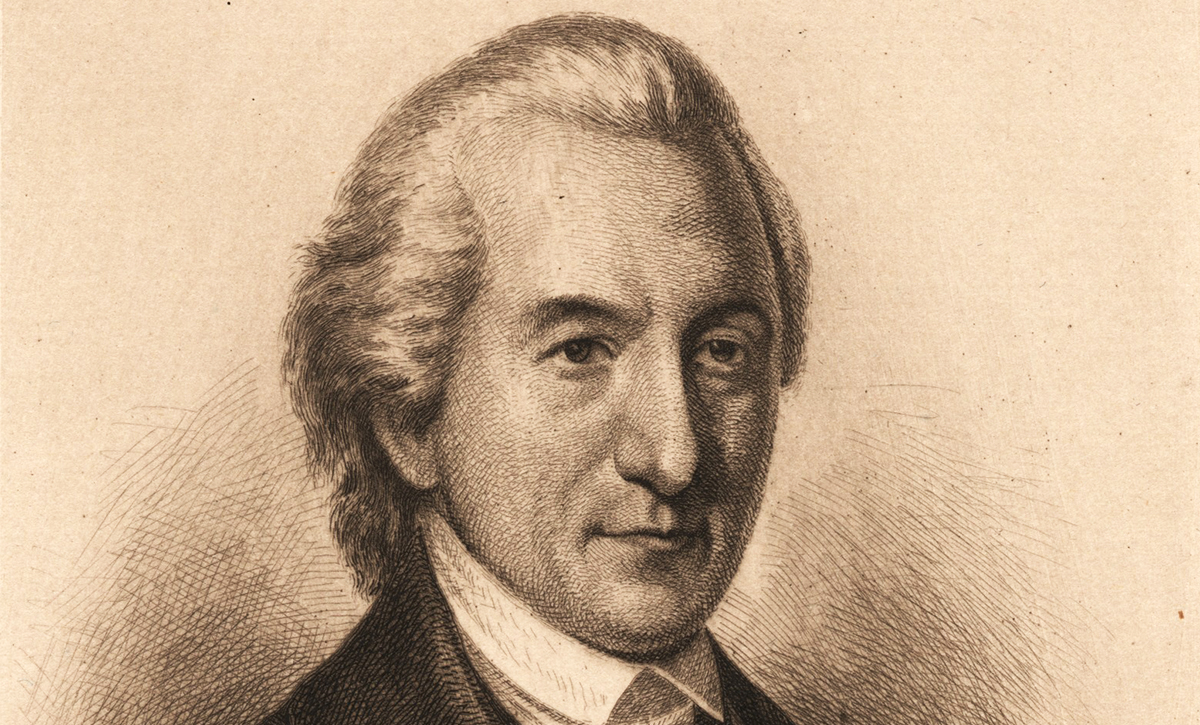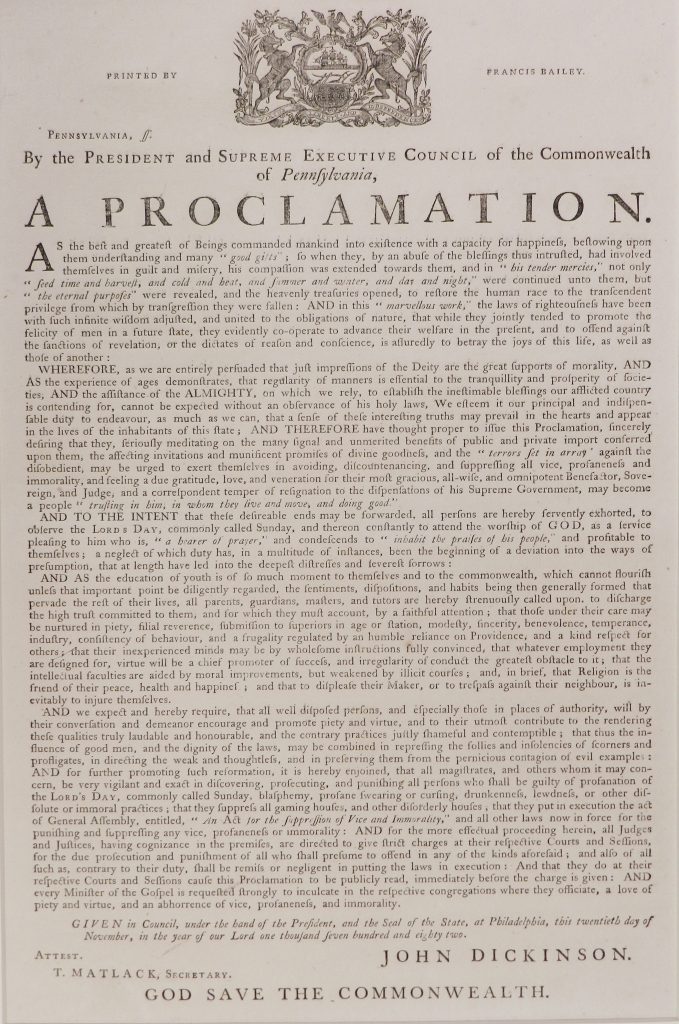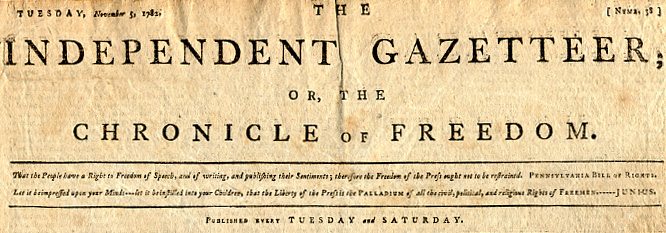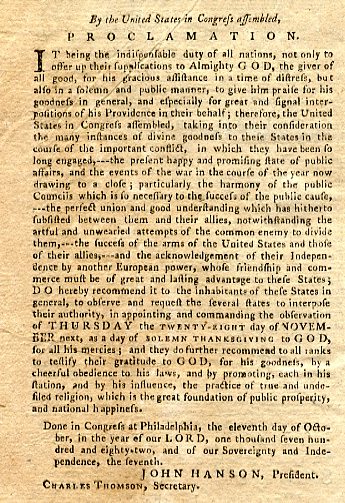This proclamation was issued by John Dickinson as president of Pennsylvania on November 20, 1782 asking the people to observe the Lord’s Day and continue worshiping God.
By the President and Supreme Executive Council of the Commonwealth of Pennsylvania,
A Proclamation.
As the best and greatest of Beings commanded mankind into existence with a capacity for happiness, bestowing upon them understanding and many “good gifts“; so when they, by an abuse of the blessings thus intrusted, had involved themselves in guilt and misery, his compassion was extended towards them, and in “his tender mercies,” not only “seed time and harvest, and cold and heat, and summer and winter, and day and night,” were continued unto them, but “the eternal purposes” were revealed, and the heavenly treasuries opened, to restore the human race to the transcendent privilege from which by transgression they were fallen: AND in this “marvelous work,” the laws of righteousness have been with such infinite wisdom adjusted, and united to the obligation of nature, that while they jointly tended to promote the felicity of men in a future state, they evidently cooperate to advance their welfare in the present, and to offend against the sanctions of revelation, of the dictates of reason and conscience, is suredly to betray the joys of this life, as well as those of another.
Wherefore, as we are entirely persuaded that just impressions of the deity are the great supports of morality, AND As the experience of ages demonstrates, that regularity of manners is essential to the tranquility and prosperity of societies, AND the assistance of the Almighty, on which we rely, to establish the inestimable blessings our afflicted country is contending for, cannot be expected without an observance of his holy laws, We esteem it our principal and indispensable duty to endeavor, as much as we can, that a sense of these interesting truths may prevail in the hearts and appear in the lives of the inhabitants of this state; And Therefore have thought proper to issue this Proclamation, sincerely desiring that they seriously meditating on the many signal and unmerited benefits of public and private import conferred upon them, the affecting invitations and munificent promises of divine goodness, and the “terrors set in array” against disobedient, may be urged to exert themselves in avoiding, discountenancing, and suppressing all vice, profaneness and immorality, and feeling a due gratitude, love, and veneration for their most gracious, all-wise, and omnipotent Benefactor, Sovereign, and Judge, and correspondent temper of resignation to the dispensations of his Supreme Government, may become a people “trusting in him, in whom they live and move and doing good.”
And to the intent that these desirable ends may be forwarded, all persons are herby fervently exhorted, to observe the Lord’s Day, commonly called Sunday, and thereon constantly to attend the worship of GOD, as a service pleasing to him who is, “a hearer of prayer,” and condescends to “inhabit the praises of his people,” and profitable to themselves; a neglect of which duty has, in multitude of instances, been the beginning of a deviation into the ways of presumption, that at length have led into the deepest distresses and severest sorrows:
And As the education of youth is of so much moment to themselves and to the commonwealth, which cannot flourish unless that important point be diligently regarded, the sentiments, dispositions, and habits begin then generally formed that pervade the rest of their lives, all parents, guardians, masters, and tutors are herby strenuously called upon, to discharge the high trust committed to them, and for which they must account, by a faithful attention; that those under their care may be nurtured in piety, filial reverence, submission to superiors in age or station, modesty, sincerity, benevolence, temperance, industry, consistency of behavior, and frugality regulated by an humble reliance on Providence, and a kind respect for others; that their inexperienced minds may be by wholesome instructions fully convinced, that whatever employment they are designed for, virtue will be a chief promoter of success, and irregularity of conduct the greatest obstacle to it; that the intellectual faculties are aided by moral improvements, but weakened by illicit courses; and in brief, that Religion is the fiend of their peace, health and happiness; and that to displease their Maker, or trespass against their neighbor, is inevitably to inure themselves.
AND we expect and hereby require, that all well disposed persons, and especially those in places of authority, will by their conversation and demeanor encourage and promote piety and virtue, and to their utmost contribute to the rendering these qualities truly laudable and honorable, and the contrary practices justly shameful and contemptible; that thus the influence of good men, and the dignity of the laws, may be combined in repressing the follies and insolencies of scorners and profligates, in directing the weak and thoughtless, and in preserving them from the pernicious contagion of evil examples; AND for further promoting such reformation, it is hereby enjoined, that all magistrates, and others whom it may concern, be very vigilant and exact in discovering, prosecuting, and punishing all persons who shall be guilty of profanation of the Lord’s Day, commonly called Sunday, blasphemy, profane swearing or cursing, drunkenness, lewdness, or other dissolute or immoral practices; that they suppress all gaming houses, and other disorderly houses, that they put in execution the act of General Assembly, entitled, “An Act for the suppression of Vice and Immorality,” and all other laws now in force for the punishing and suppressing any vice, profaneness or immorality: AND for the more effectual proceeding herein, all Judges and Justice, having cognizance in the premises, are directed to give strict charges at their respective Courts and Sessions, for the due prosecution and punishment of all who shall presume to offend in any of the kinds aforesaid; and also of all such as, contrary to their duty, shall be remiss or negligent in putting the laws in execution: And that they do at their respective Courts and Sessions cause this Proclamation to be publicly read, immediately before the charge is given: AND every Minister of the Gospel is requested strongly to inculcate in the respective congregations where they officiate, a love of piety and virtue, and an abhorrence of vice, profaneness, and immorality.
Given in council, under the hand of the President, and the Seal of the State, at Philadelphia, this twentieth day of November, in the year of our Lord one thousand seven hundred and eighty two.
John Dickinson.
Attest.
T. Matlack,, Secretary.
God Save the Commonwealth.
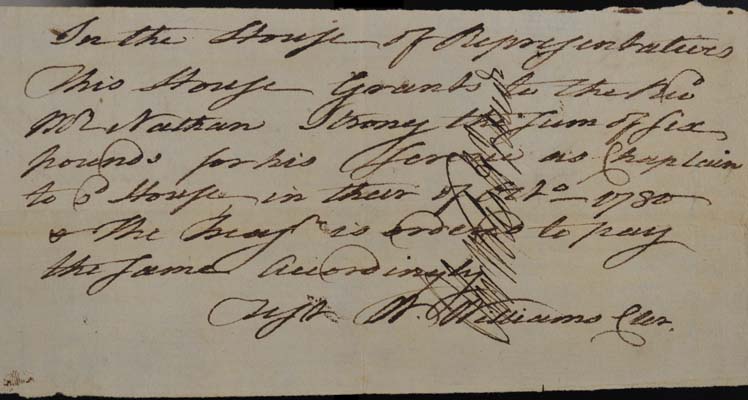

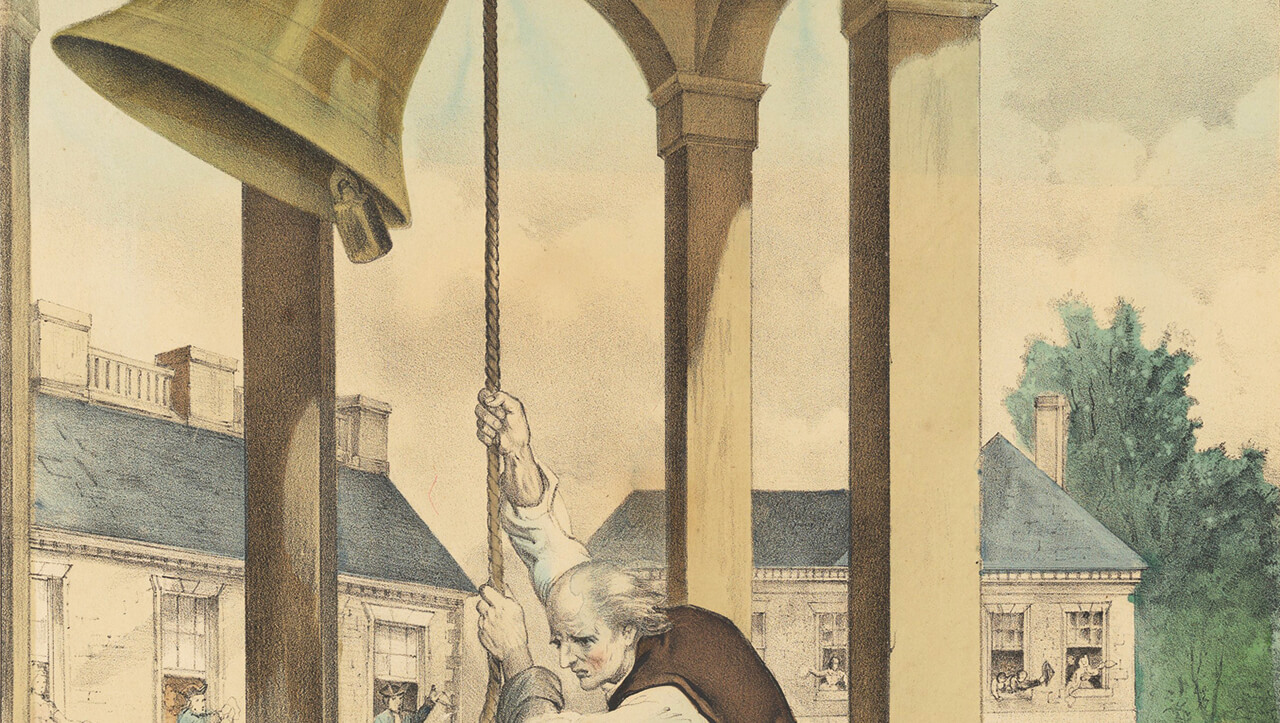
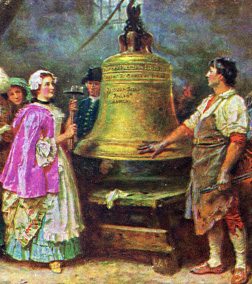 The
The 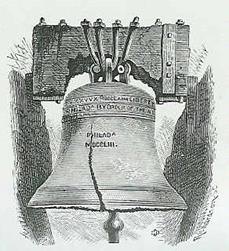 Of course, there were many other important times that the Liberty Bell was rung, including on July 8, 1776 to call citizens to assemble together outside the State House for a special announcement. At that time, the new Declaration of Independence
Of course, there were many other important times that the Liberty Bell was rung, including on July 8, 1776 to call citizens to assemble together outside the State House for a special announcement. At that time, the new Declaration of Independence 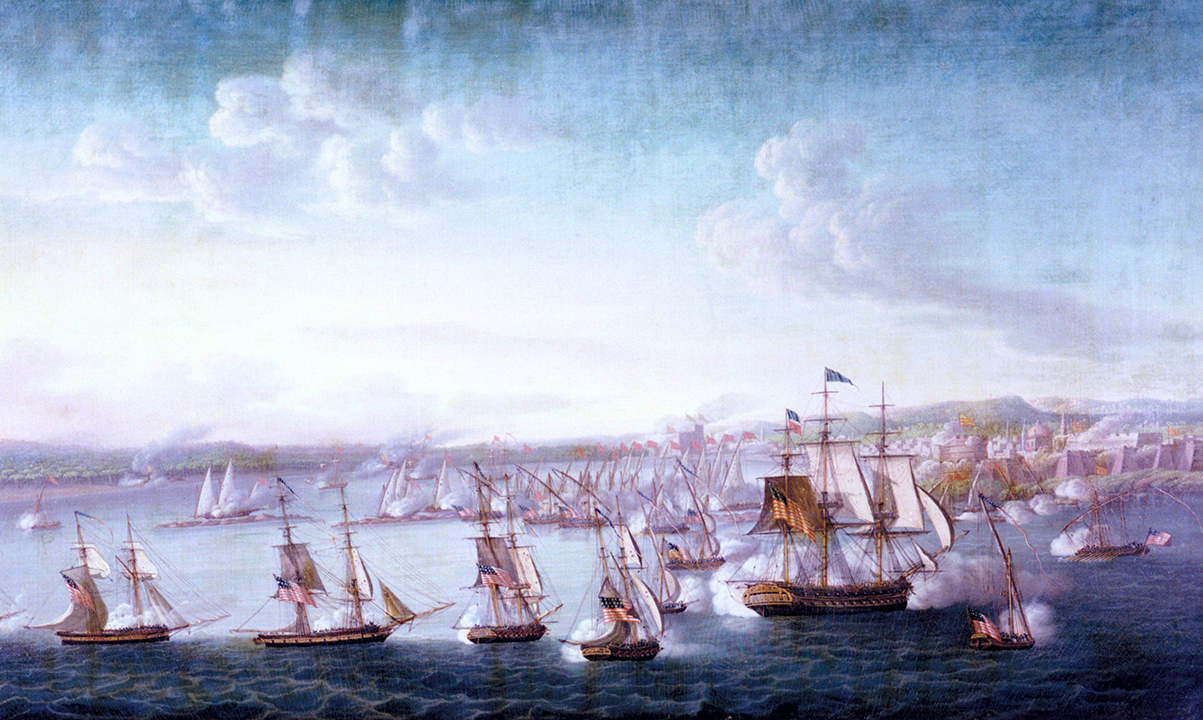
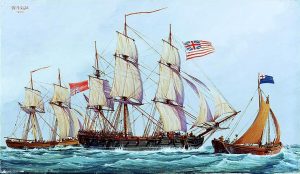 The Continental Congress, not in session at that time, took up the issue when it returned and on
The Continental Congress, not in session at that time, took up the issue when it returned and on 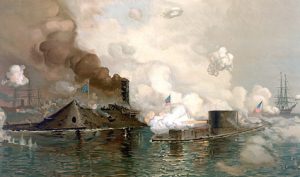 Following this, the Navy slowly shrank in size until it
Following this, the Navy slowly shrank in size until it 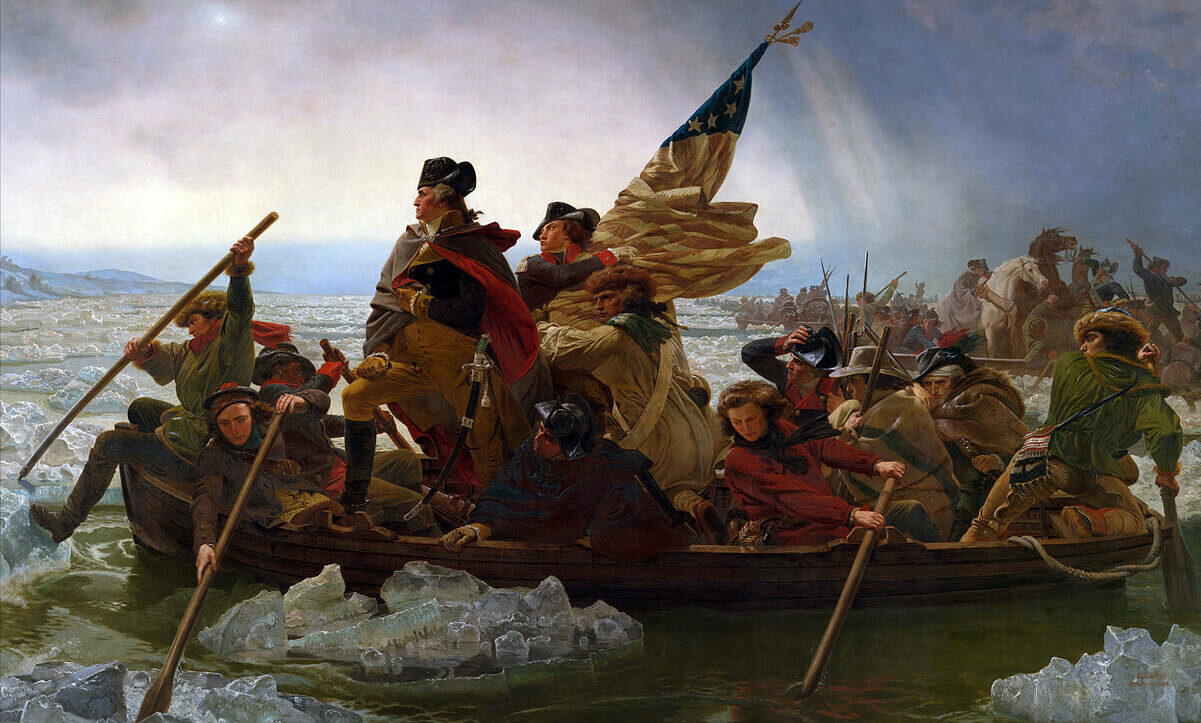
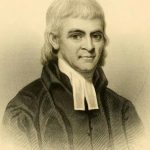 On
On 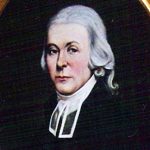
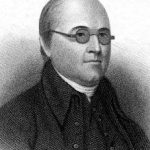 Timothy Dwight (pictured on the left), who had
Timothy Dwight (pictured on the left), who had 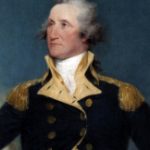 An ardent champion of military chaplains was George Washington. One of the first things he did as a young officer in the
An ardent champion of military chaplains was George Washington. One of the first things he did as a young officer in the 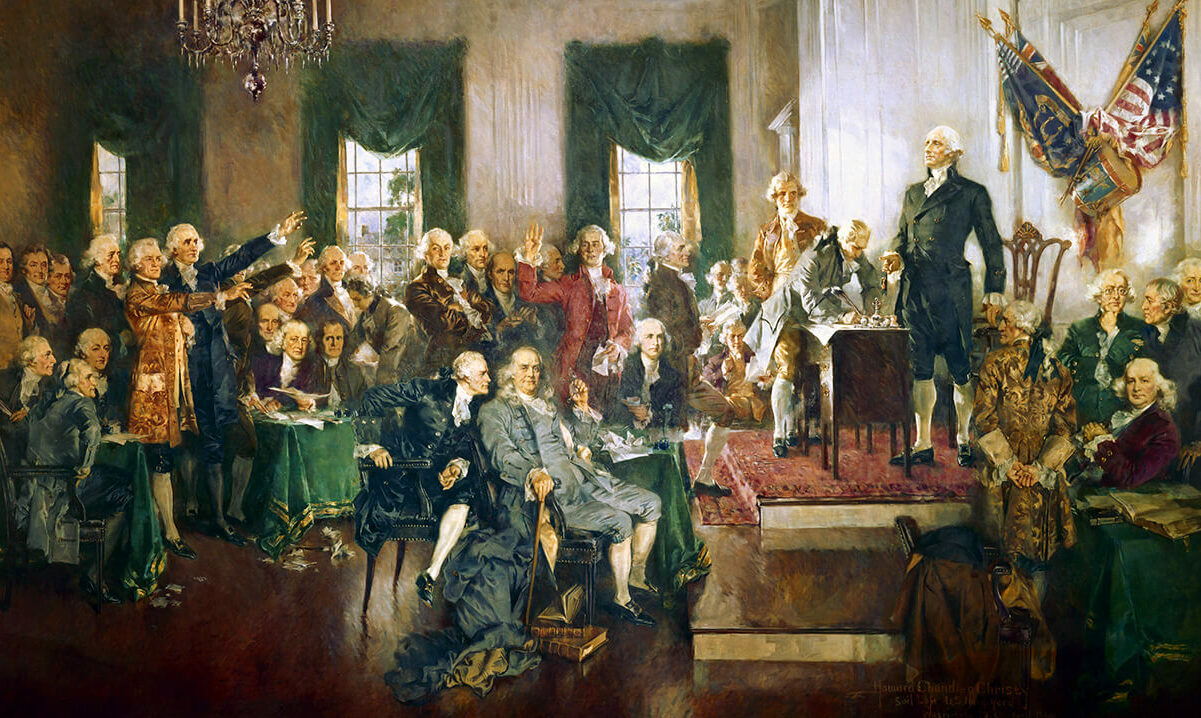
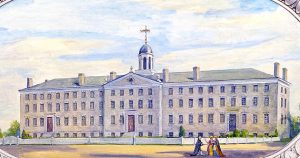 Princeton was
Princeton was 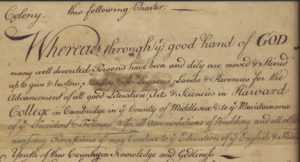 Harvard University was
Harvard University was 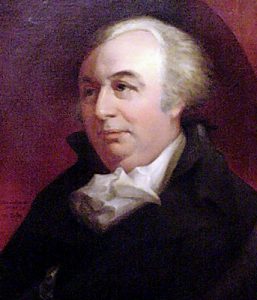
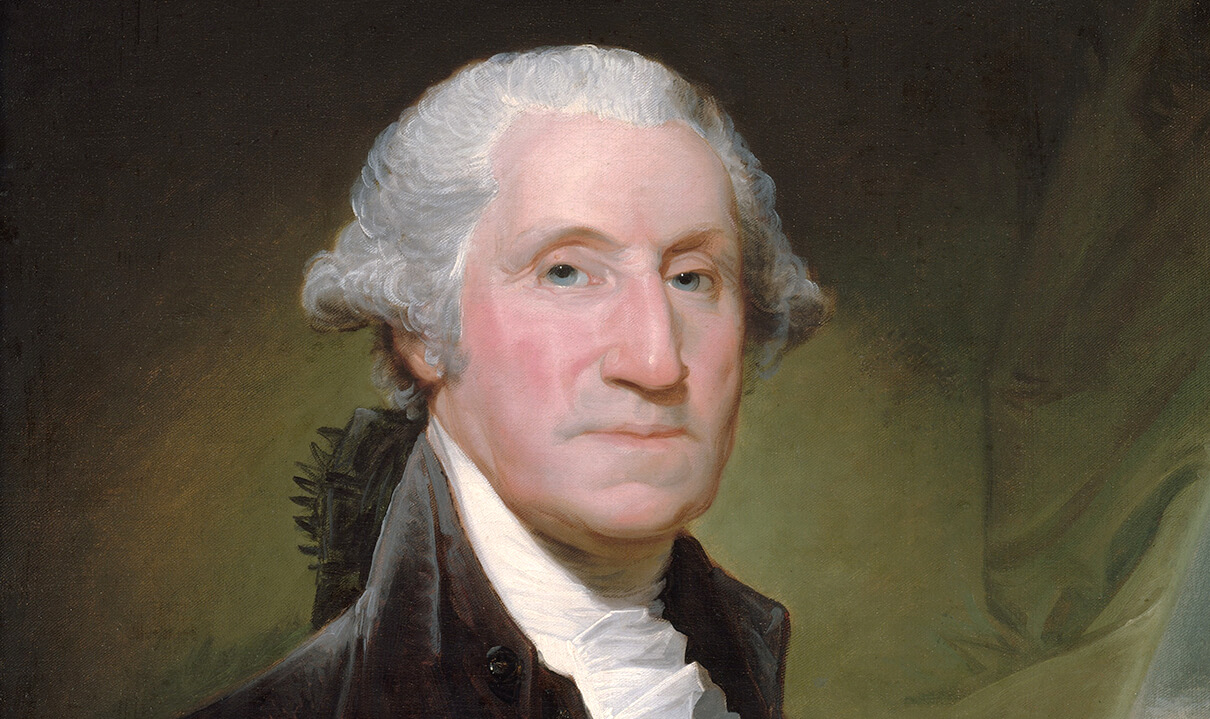
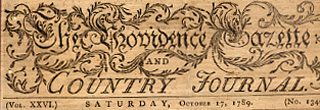
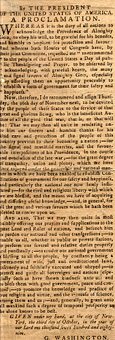 Whereas it is the duty of all nations to acknowledge the providence of Almighty God, to obey His will, to be grateful for His benefits, and humbly to implore His protection and favor; and whereas both Houses of Congress have, by their joint committee, requested me “to recommend to the people of the United States a day of public thanksgiving and prayer, to be observed by acknowledging with grateful hearts the many and signal favors of Almighty God, especially by affording them an opportunity peaceably to establish a form of government for their safety and happiness.”
Whereas it is the duty of all nations to acknowledge the providence of Almighty God, to obey His will, to be grateful for His benefits, and humbly to implore His protection and favor; and whereas both Houses of Congress have, by their joint committee, requested me “to recommend to the people of the United States a day of public thanksgiving and prayer, to be observed by acknowledging with grateful hearts the many and signal favors of Almighty God, especially by affording them an opportunity peaceably to establish a form of government for their safety and happiness.”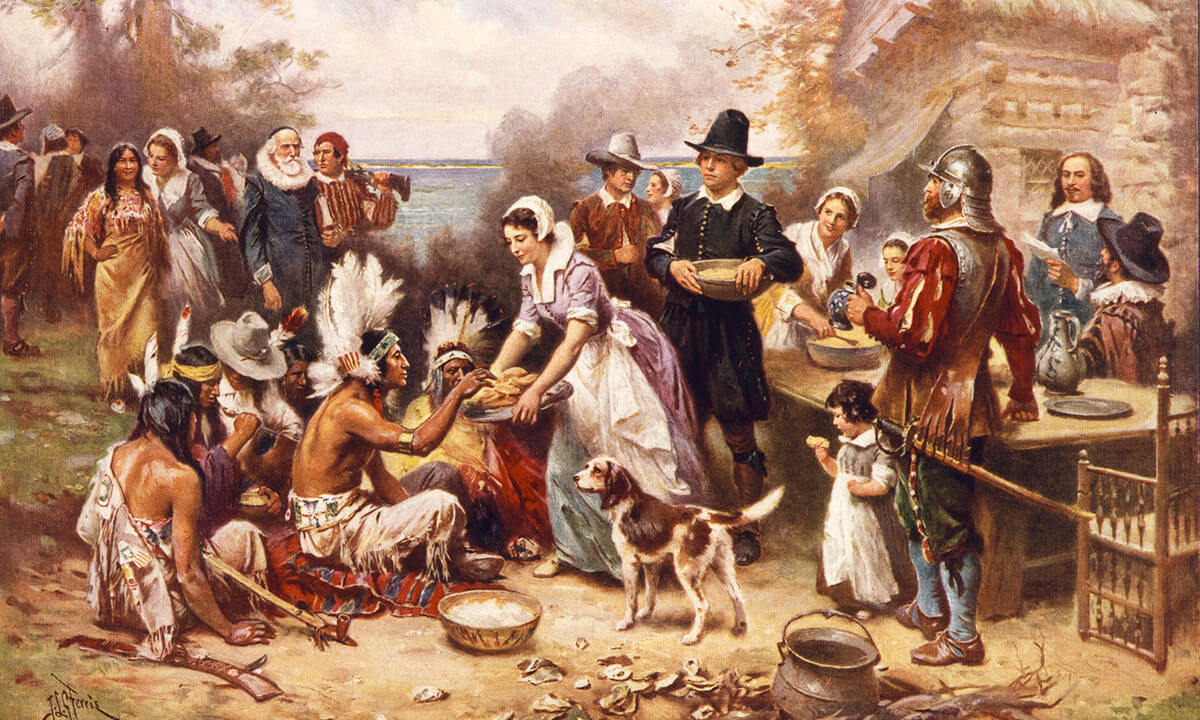
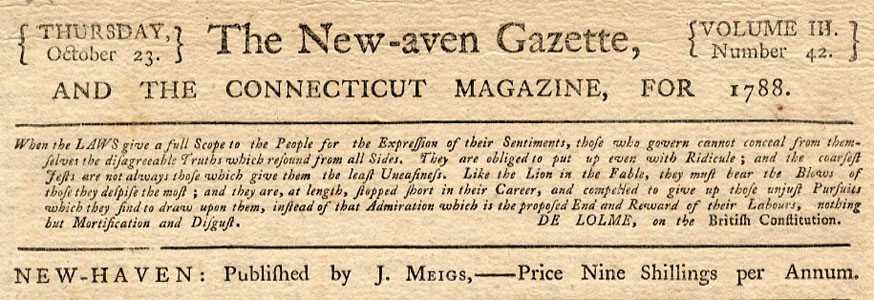

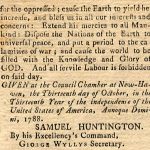 Given at the Council Chamber at New-Haven, the Thirteenth day of October, in the Thirteenth Year of the independence of the United States of America, Annoque Domini, 1788.
Given at the Council Chamber at New-Haven, the Thirteenth day of October, in the Thirteenth Year of the independence of the United States of America, Annoque Domini, 1788.